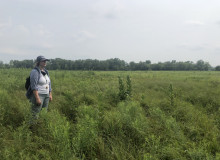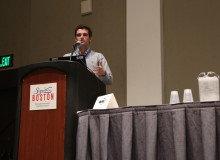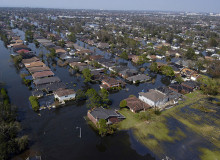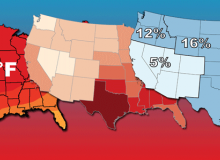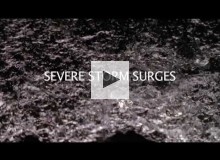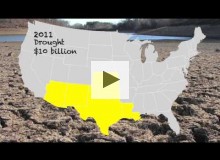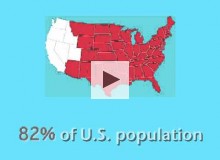natural disasters
University of Florida
A Fort Myers hydroponic farming family, whose crops were destroyed by Hurricane Ian, recovers and rebuilds alongside the community.
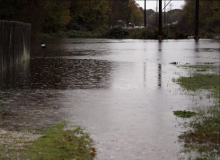
A neighborhood street in Hampton, Virginia, following a flash flood in 2020. (Aileen Devlin/Virginia Sea Grant https://creativecommons.org/licenses/by-nd/2.0/)
George Washington University
Climate Hits Home | On just one day in Virginia, I experienced a severe thunderstorm watch, a flash flood warning, a tornado warning, and a state of emergency. What is going on?
Medill News Service, Northwestern University
Colleen O’Brien and Jen Jenkins are exploring whether a cluster of five grassland regions that form a rare natural oasis just south of Chicago could be dedicated as a space for stormwater collection to help mitigate flooding in the region.
Northwestern University
Rising extremes of droughts, floods or food shortages can reduce a country’s political stability and cultural tolerance, warned scientists at the American Association for the Advancements of Science conference in Boston.
Planet Forward, The George Washington University
This August marks the 10-year anniversary of Hurricane Katrina, which remains one of the deadliest and costly hurricanes to ever hit the United States. When the hurricane hit, the resulting surge breached the levees of New Orleans and caused... Read More
Planet Forward, George Washington University School of Media and Public Affairs
The latest National Climate Assessment is out - check out the highlights and some Planet Forward ideas that show you the real life impacts.
George Washington University
Hurricanes have cost Florida 3.5 billion dollars annually in recent years. With rising oceans and 80% of the population living near the coast these numbers are only expected to worsen. Can we afford inaction?
Planet Forward, George Washington University School of Media and Public Affairs
When disaster strikes, people look for explanations - why did this happen? How can we prevent it from happening again? Hurricane Sandy is no exception.
The George Washington University
Natural weather disasters have already racked up $80 billion worth of destruction in 2011. Is this the new normal? This video from a pair GWU students in the ThinkFWD class will dazzle you.

